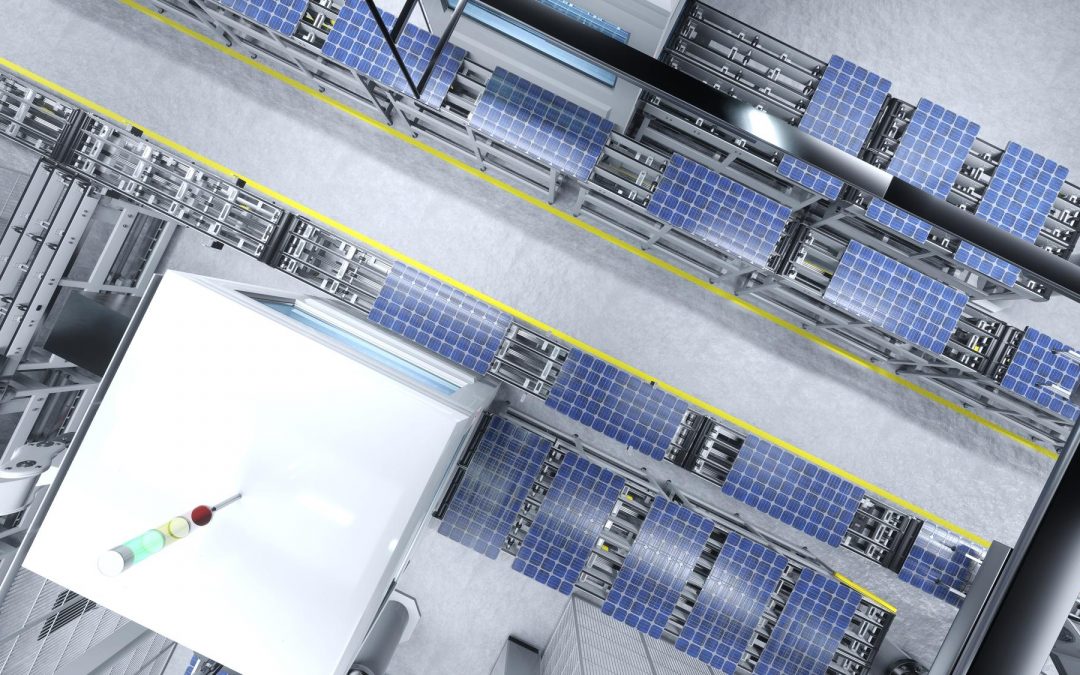Solar battery storage is emerging as a game-changer for homeowners in an era of rising energy costs, frequent power outages, and a growing desire for sustainable living. If you’re already considering solar panels or have them installed, adding a battery storage system could be the next step to achieving true energy independence. The top solar battery technologies allow you to store the energy your solar panels generate during the day for use at night, during peak hours, or even during power outages.
In this article, we’ll explore how solar batteries work, review some of the top storage solutions like the Tesla Powerwall and LG Chem, and highlight the benefits of incorporating battery storage into your home energy system.
How Solar Battery Storage Works
Solar panels generate electricity during the day, converting sunlight into direct current (DC) electricity. This electricity is typically used immediately in your home, and any excess is sent back to the grid if your system is grid-tied. However, without a storage solution, this excess energy is essentially lost to you.
Solar batteries change the game by capturing and storing that excess energy. Once the sun goes down, or during times of low sunlight, you can draw from the stored energy instead of relying on the grid. This ensures your home remains powered, even during blackouts or when electricity prices are highest.
Benefits of Solar Battery Storage
1. Energy Resilience During Power Outages
Power outages are becoming more frequent due to extreme weather events, aging grid infrastructure, and increased energy demand. With a solar battery system, your home remains powered even when the grid goes down. This is particularly beneficial for homes in regions prone to hurricanes, storms, or rolling blackouts.
2. Energy Independence
By storing the energy your solar panels generate, you reduce or eliminate your reliance on the grid. This independence shields you from rising electricity rates and gives you greater control over your energy use.
3. Maximized Solar Efficiency
Without a battery, excess energy your panels produce is sent back to the grid, often with minimal financial benefit. A battery system allows you to use this surplus energy later, ensuring none of your solar power goes to waste.
4. Cost Savings
Many utilities charge higher rates during peak hours. By using stored solar energy during these times, you can avoid peak pricing and save on your energy bills.
5. Environmental Impact
Storing and using your own solar energy reduces your carbon footprint even further, ensuring you make the most of the renewable energy your panels produce.
Top Solar Battery Technologies
The solar battery market is evolving rapidly, with new technologies offering increased capacity, efficiency, and affordability. Here are two of the leading options:
Tesla Powerwall
- Overview: The Tesla Powerwall is one of the most popular solar batteries on the market. Known for its sleek design and advanced technology, it offers a storage capacity of 13.5 kWh, enough to power most homes overnight.
- Features: It integrates seamlessly with Tesla solar systems, offers app-based monitoring, and is designed for scalability—you can add multiple units to increase capacity.
- Why It’s Popular: Its ability to provide whole-home backup power and intelligent energy management makes it a favorite among tech-savvy homeowners.
LG Chem RESU
- Overview: The LG Chem RESU series is another top contender, offering compact, wall-mounted battery systems ideal for residential use.
- Features: It provides scalable storage options ranging from 9.8 kWh to higher capacities when paired with multiple units. It’s compatible with a variety of solar inverters, offering flexibility for different system setups.
- Why It’s Popular: The LG Chem RESU is known for its reliability, longevity, and compatibility with both new and existing solar installations.
Is Solar Battery Storage Right for You?
While solar battery storage has many benefits, it may not be the right choice for everyone. Here are some factors to consider:
- Your Energy Needs: If you experience frequent outages or have high energy use during the evening, battery storage could be a significant advantage.
- Budget: Solar batteries are an investment. While costs have decreased in recent years, they still add to the overall price of a solar energy system.
- Incentives: Many states and utilities offer incentives for installing battery systems, which can significantly offset costs.
The Future of Energy Independence
As solar battery technology continues to advance, it’s becoming an increasingly practical option for homeowners looking to take control of their energy use. With benefits ranging from financial savings to resilience during outages, adding a battery to your solar system could be the key to achieving true energy independence.
Whether you choose a Tesla Powerwall, LG Chem, or another solution, integrating solar battery storage into your home ensures you’re prepared for whatever the future holds—while making the most of the clean, renewable energy powering your life. If energy independence and peace of mind sound appealing, now is the time to explore solar battery storage for your home.


Recent Comments